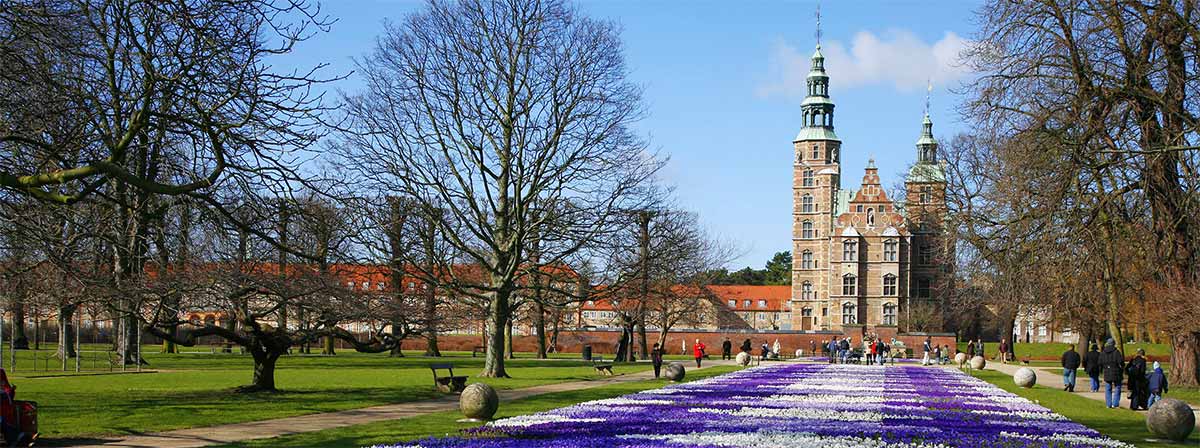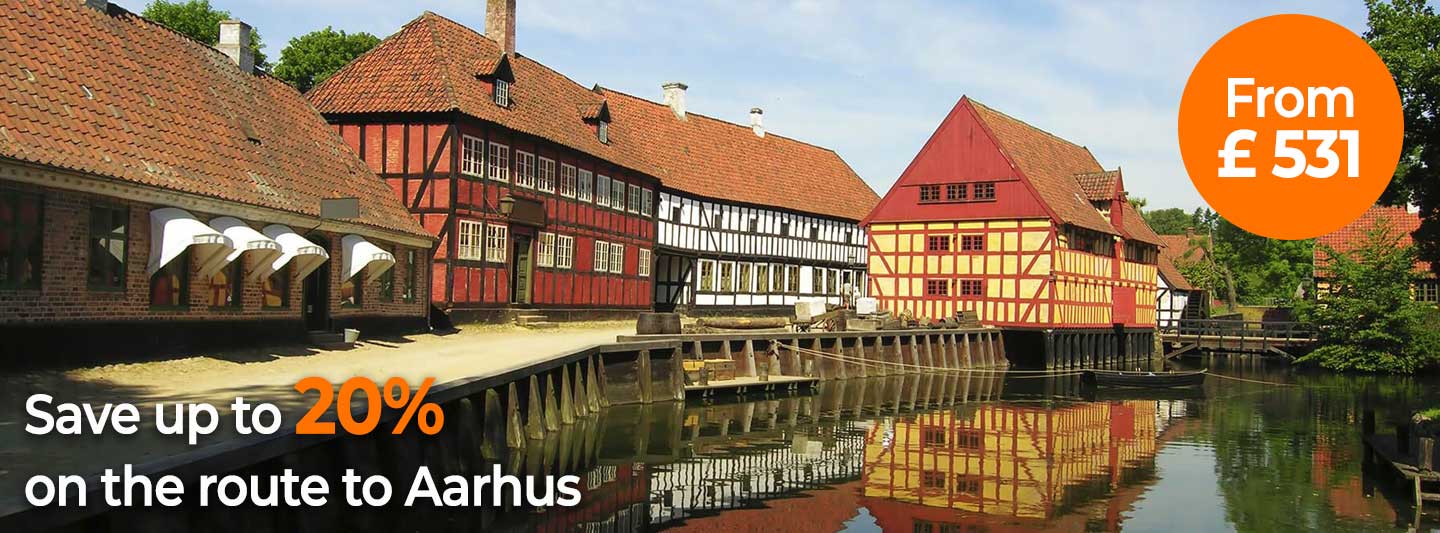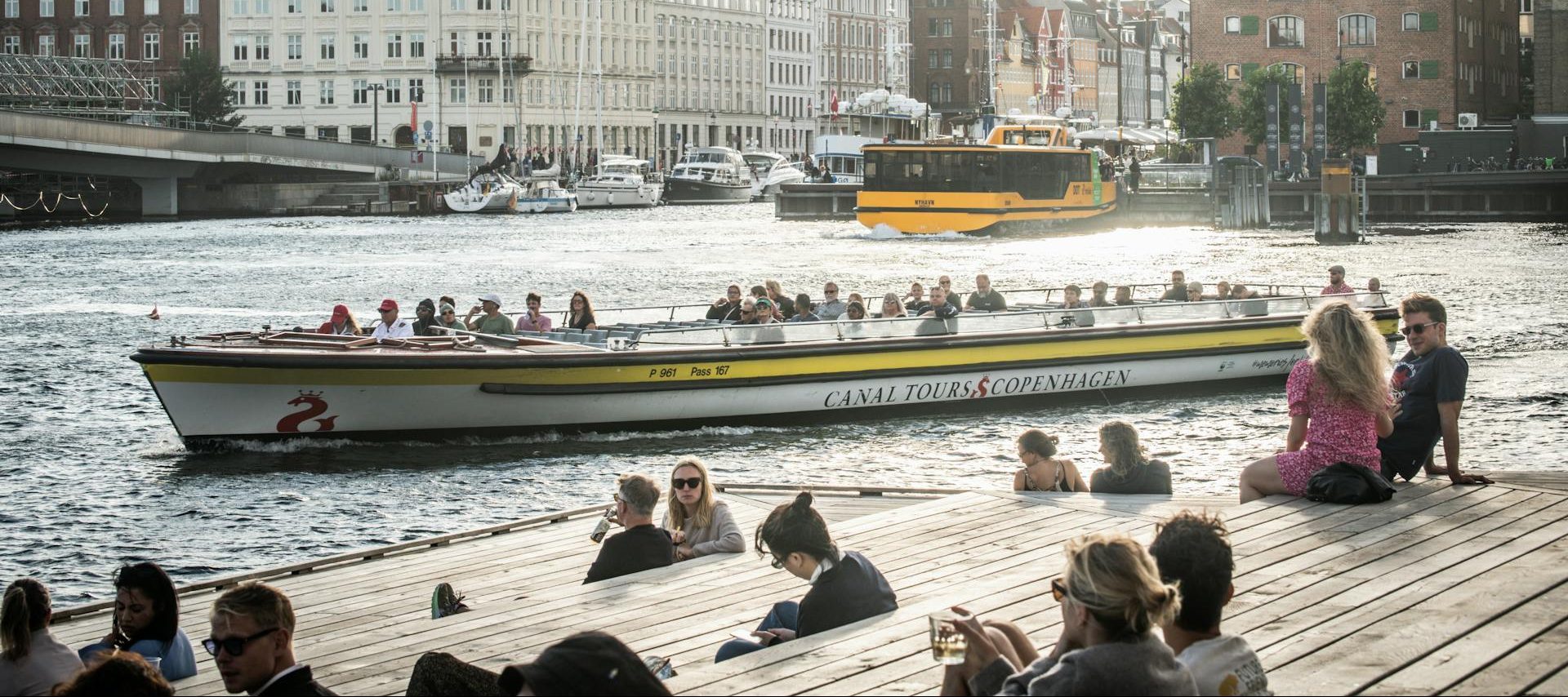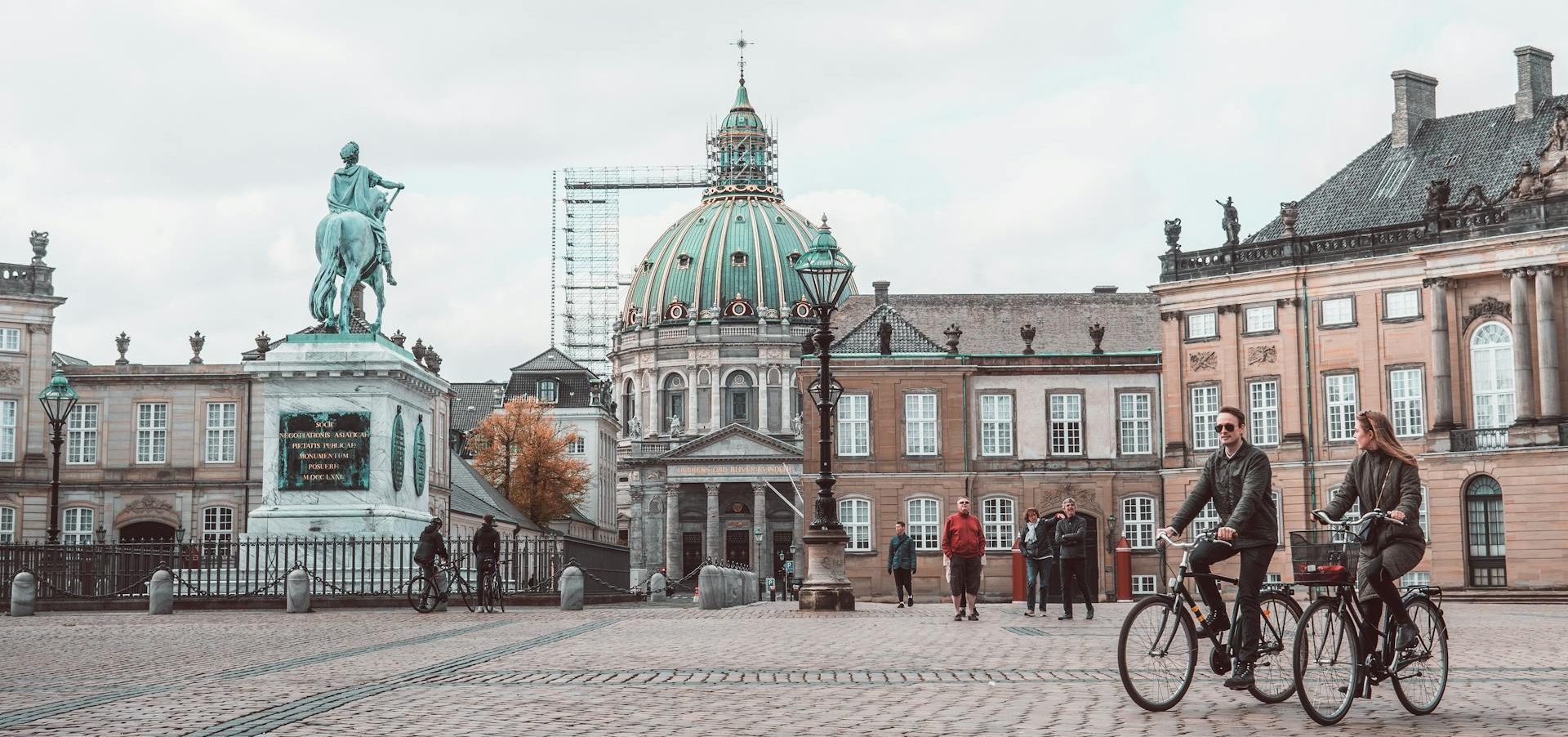
The Danes are ranked the happiest people in the world (Happy Vikings) — and if your family has lived in Britain for a thousand years or more, you may well be related to them. Between the 8th and 11th centuries the Danes were the Vikings, and many UK citizens have some Viking blood in them. Do you have Viking blood in you? If so, relocating to Denmark may very well be just coming home.
Incidentally, not only are they the happiest people in the world, they are also the most highly taxed people in the world.
Denmark consists of the peninsular Jutland and around 400 islands, 82 of which are inhabited. Fishing is an important industry, as is tourism. They have some fine specimens of bog bodies, as the peat preserves them well! Denmark joined the EU in 1973, and has been a member of the Schengen area since 1996. The capital city is Copenhagen and the currency is the Danish Krone (£1 = 9.76 kr on 27 May 2016).
There are several sites where you can get information about expat clubs, news and communities. The three sites listed below will give you a taste of what is available.

One of the first things to do when relocating to Denmark is to get yourself acquainted with the national NemID identification system. You can sign up for this as soon as you are registered as a resident, and you can and will have to use this for almost any contact with public authorities or financial institutions (banks). Generally speaking, Denmark is a very digital country, and a large number of postal offices, bank branches and even public citizens’ service offices have closed down in recent years, as the citizens and customers are expected to use digital self-service instead.
You should also consider whether you need a car or not. Denmark is one of the most expensive countries in the world for car owners, as petrol is pricey and an amazing 150% tax on registering a car – old or used – applies. If you work and live in the larger cities (Copenhagen, Aarhus, Odense) you can instead use the efficient public transport systems. Like in the UK single journeys bought immediately before departure are the expensive, but cheaper alternatives exist including a 1 month ticket for commuters and the Oyster-like “Rejsekort” (available from rejsekort.dk).
If you wish to get acquainted with the locals, Denmark is known as the “country of associations” with associations having been setup for even the smallest causes. Most such associations would welcome expats from the UK relocating to Denmark, and as most Danes understand and are good at speaking English, language should not be a significant barrier. The Danish language itself, however, is considered difficult to learn, but English will be readily understood in almost any situation you may find yourself in.
Naturally you should also get a mobile phone with a Danish subscription as soon as possible after relocating to Denmark. The Danish mobile phone market is very competitive, and you can find all-inclusive subscriptions from between 100 and 200 DKK/month, even without binding yourself to a long-term contract.
 Is Aarhus Denmark a Good Place to Live?
Is Aarhus Denmark a Good Place to Live?Is Aarhus Denmark a Good Place to Live? So, is Aarhus Denmark an excellent place to live? Situated…
 Do and Don’ts in Denmark for Expats
Do and Don’ts in Denmark for ExpatsDo and Don'ts in Denmark for Expats Knowing the societal norms and expectations that shape daily interactions is…
 What Salary Do You Need to Live Comfortably in Denmark?
What Salary Do You Need to Live Comfortably in Denmark?What Salary Do You Need to Live Comfortably in Denmark? Moving to Denmark is an appealing prospect for…
 7 Things to Know Before Moving to Denmark
7 Things to Know Before Moving to Denmark7 Things to Know Before Moving to Denmark Moving to Denmark is an attractive prospect, but it requires…